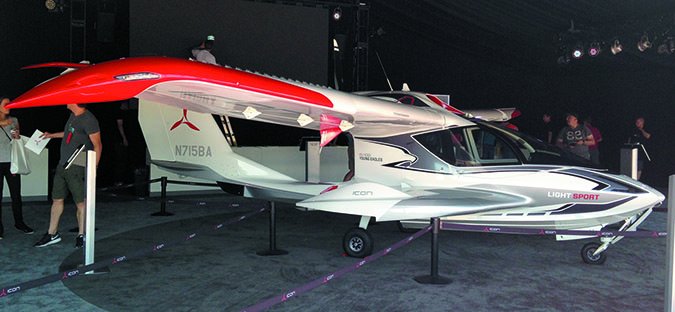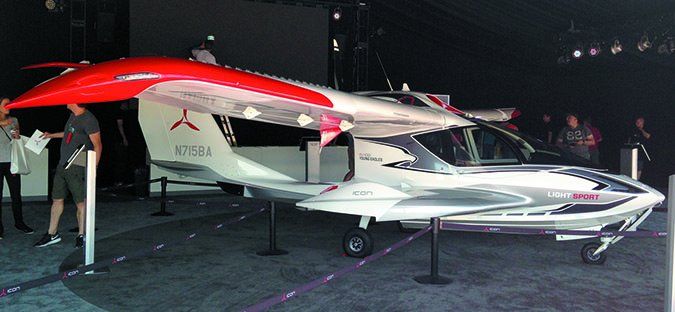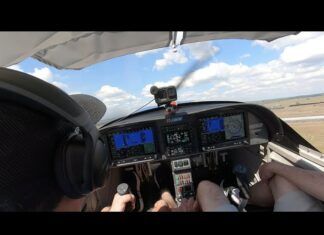In our world, the editorial year commences in the summer instead of January, and the anticipated editor’s choice awards focuses deserved attention on the products and companies that really impressed us in our coverage over the year. As we do every July, we take a half step back and tip the hat to a dozen of them on page 12 of this issue. But there was more that caught our attention the past editorial year, some of it unforgettable. If we had a worst news of the year award, there would be takers.

One that comes to mind is an unapproved parts notification from the FAA’s aircraft certification division against Ameri-King Corporation, which has an American headquarters in Huntington Beach, California. Ameri-King is a well-established and surviving avionics company. I evaluated its avionics products in these pages in the 1990s, and as recently as the February 2016 issue in the 406 ELT upgrade article. Our impressions of its products have been mostly favorable, based on performance and value. The Ameri-King product line is diverse with critical components. There are ELTs, cooling fans, GPS switching relays and annunciators, altitude digitizers and voltage converters, to name a few. It’s likely there are—or have been—some installed in your aircraft. One that I fly has the company’s AK350 altitude encoder.
According to a report in the Los Angeles Times, Ameri-King is being sued by a former employee who says he was illegally fired for whistle-blowing on the company because it allegedly relabeled products to say they were made in the United States, when they were actually made in China. I attempted to reach Ameri-King to get its side of the story, but it didn’t respond. I didn’t have to search far to find the FAA’s story. The FAA’s parts notification statement (2016-2013NM460018) says in background that Ameri-King manufactured, sold and distributed components (including lithium batteries) for installation on FAA-certified aircraft that didn’t conform to an approved design, yet the company represented them to buyers as FAA approved under a TSO, plus PMA. This is an emergency cease and desist order—which not only demands the company stop manufacturing and selling the components—but also prohibits the company from repairing, altering and even advertising them. Some of the products were supplied to aircraft OEMs. In its March 2016 letter, the FAA recommends removing the affected parts from type-certified aircraft.
You might be wondering what the above picture of Icon Aircraft’s good-looking A5 amphibious LSA has to do with Ameri-King. Nothing, actually, and unfortunately for the industry, Ameri-King made too many products to show on this page. Still, Icon is another story that began last July when we commenced our editorial year at AirVenture. That’s when Icon’s outside public relations company promised Aviation Consumer a flight evaluation of the A5, but cancelled at the last minute. Although we were promised a makeup flight, Icon couldn’t accommodate us. After much persistence on my part, Icon again agreed to a flight trial and a tour of its California manufacturing facility as long as the coverage would be a lead story, with the airplane featured on the cover. I couldn’t definitively agree to these and some other terms involving photography and video production, and we still haven’t flown the A5 for a review.
Icon is cautiously controlling media coverage of the A5 and I get that. Sure, our evaluations often find nits to pick; that’s what we do. But we remain committed to being as fair and accurate as we can because that’s what readers depend on us to do. That has value for readers, for manufacturers and for us.
As we go to press, Icon announced it was laying off 60 employees and terminating 90 contractors, but is moving ahead with its training program. It plans to build several locations around the country, while using the first 20 aircraft it builds for training. Icon also said it is delaying deliveries of the A5 until 2017, at least, and has softened its controversial buyer’s agreement.


